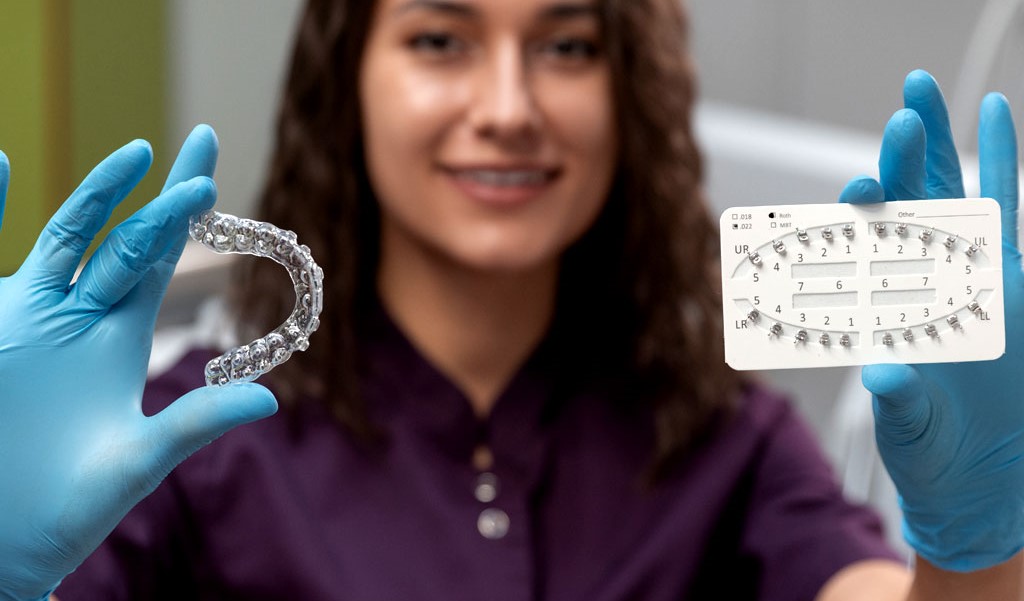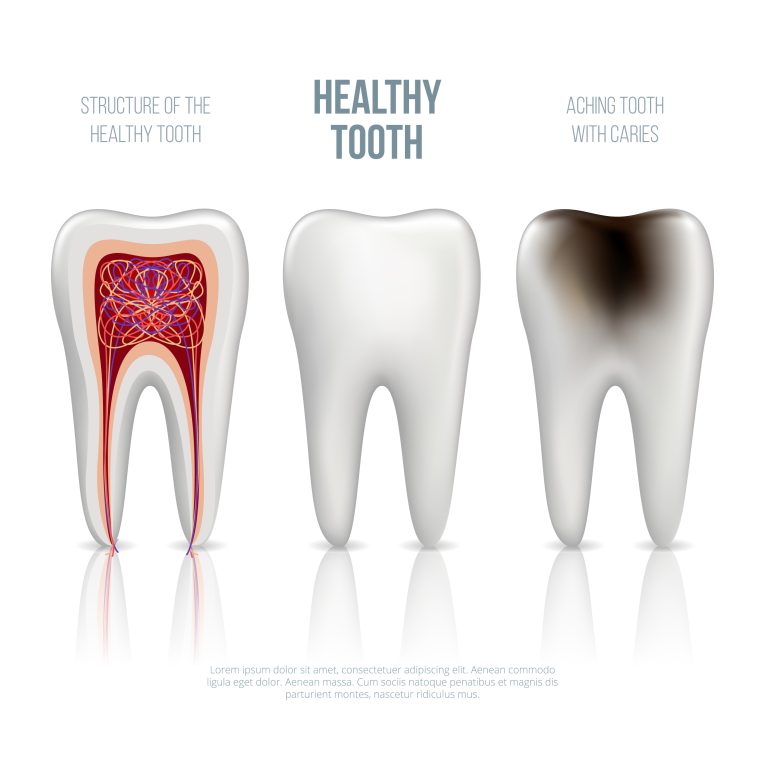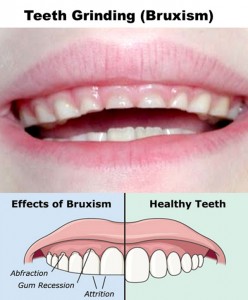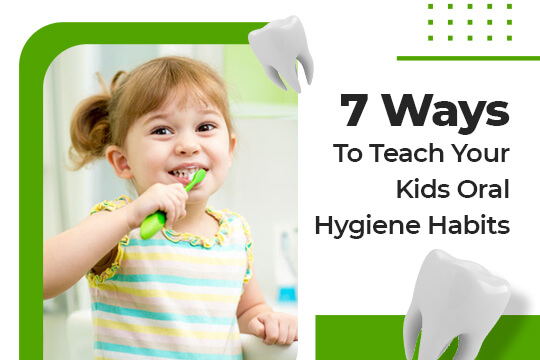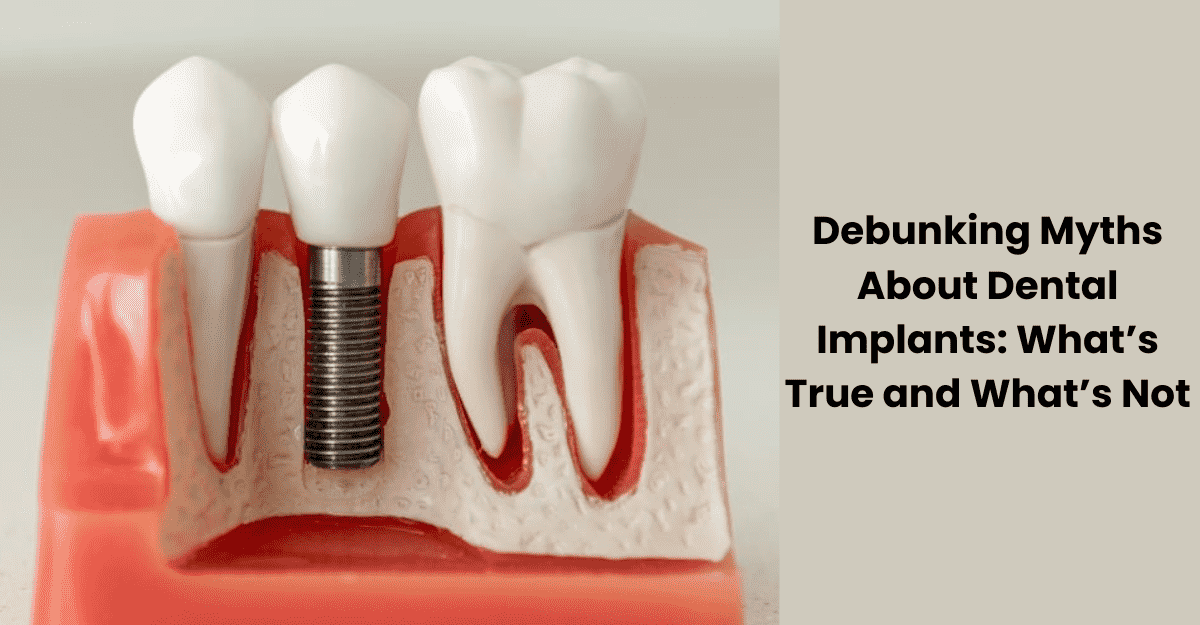Standard post with a single image
Cavities are one of the most common issues encountered in family dental clinic across Dubai. Understanding why cavities develop, how to identify them, and the best practices for prevention is essential for maintaining healthy smiles for the entire family. Here’s a closer look at cavities: what they are, why they occur, how to spot them, and effective prevention strategies.
What Are Cavities?
Cavities, or dental caries, refer to permanently damaged areas in the enamel—the hard surface of teeth—resulting in small holes or openings. They typically develop due to the breakdown of tooth enamel caused by factors such as poor oral hygiene, an unhealthy diet, and harmful bacteria in the mouth.
Causes of Cavities
- Bacteria and Plaque Formation
- The mouth is home to numerous bacteria, some beneficial and others harmful. When leftover sugars and starches from food combine with these bacteria, they form plaque—a sticky film that can harden into tartar if not removed through regular brushing and flossing. This buildup leads to acid production, which erodes tooth enamel and results in cavities.
- Dietary Choices
- What you eat plays a significant role in oral health. Diets high in sugar—think candies, sodas, and other sweet treats—accelerate decay. Acidic foods and beverages, like citrus fruits and soft drinks, can also erode enamel, creating the perfect environment for cavities to form.
- Poor Oral Hygiene
- Insufficient oral hygiene is the leading cause of cavities. Regular brushing and flossing are essential to remove plaque and food particles. The American Dental Association recommends brushing at least twice daily and flossing once a day to maintain a healthy mouth.
- Dry Mouth
- Saliva is crucial for neutralizing acids and washing away food debris. When someone suffers from dry mouth (xerostomia), the risk of cavities increases. This condition can arise from various factors, including medications, certain health conditions, or not drinking enough water.
- Age and Other Factors
- Cavities are more prevalent in children and older adults. Children may struggle with proper brushing techniques, while older adults might experience receding gums, exposing tooth roots to decay. Additionally, certain health conditions, like diabetes, can contribute to the likelihood of cavities.
Symptoms of Cavities
Detecting cavities early can prevent further damage. Be on the lookout for these common symptoms:
- Tooth Sensitivity
- Increased sensitivity to hot, cold, or sweet foods is often the first sign of a cavity. If discomfort arises with these stimuli, it may indicate that decay is starting to affect the tooth.
- Visible Holes or Pits
- As cavities progress, they may appear as small holes or pits on the surface of a tooth. Any noticeable changes should prompt a visit to the dentist for proper evaluation.
- Toothache
- Persistent tooth pain, especially while chewing, can signal cavity formation. If the discomfort worsens or doesn’t subside, it’s time to consult a family dental clinic in Dubai.
- Tooth Surface Staining
- Brown, black, or white spots on the enamel can indicate decay. While some discoloration may result from dietary habits, any unusual staining should be examined by a dentist.
Prevention of Cavities
Preventing cavities requires a combination of good oral hygiene, smart dietary choices, and regular dental checkups. Here are some practical tips:
- Practice Proper Oral Hygiene
- Brush twice daily with fluoride toothpaste and floss at least once a day to remove plaque and food residues. Instilling good habits in children early on is crucial for long-term oral health.
- Schedule Regular Dental Checkups
- Routine visits to a family dental clinic in Dubai allow for early detection of cavities. Dentists can provide professional cleanings to eliminate tartar and offer personalized recommendations for improving oral hygiene.
- Limit Sugary and Acidic Foods
- Reducing the intake of sugary snacks and beverages significantly lowers the risk of cavity development. Instead, opt for cavity-resistant snacks like fruits, vegetables, and nuts. Drinking plenty of water, especially fluoridated water, helps wash away food particles and neutralizes acids.
- Use Fluoride Products
- Fluoride strengthens tooth enamel and makes it more resistant to decay. In addition to using fluoride toothpaste and mouth rinses, discuss fluoride treatments with your dentist during checkups for added protection.
- Consider Dental Sealants for Children
- Dental sealants, a thin plastic coating applied to the chewing surfaces of back teeth, provide extra protection against cavities, particularly for children.
- Stay Hydrated
- Drinking adequate water is vital for overall health and oral hygiene. Staying hydrated keeps the mouth moist, promotes saliva production, and helps protect against decay.
- Educate on Oral Health Practices
- Teach children about the importance of oral health and encourage them to take an active role in their dental care. Fun activities, like games and rewards for good brushing habits, can make learning about dental hygiene enjoyable and memorable.
Conclusion
Understanding cavities—recognizing their signs and knowing how to prevent them—is essential for maintaining oral health. A family dental clinic can provide regular checkups and guidance on effective oral hygiene and dietary practices, significantly reducing the risk of cavities. By taking proactive steps today, families can enjoy healthier smiles and optimal dental health for years to come.
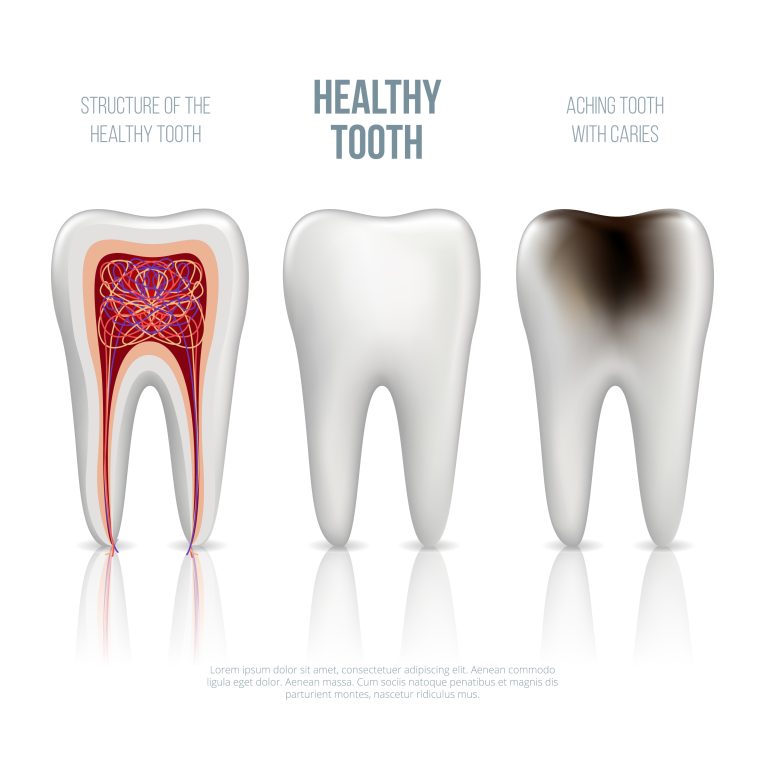


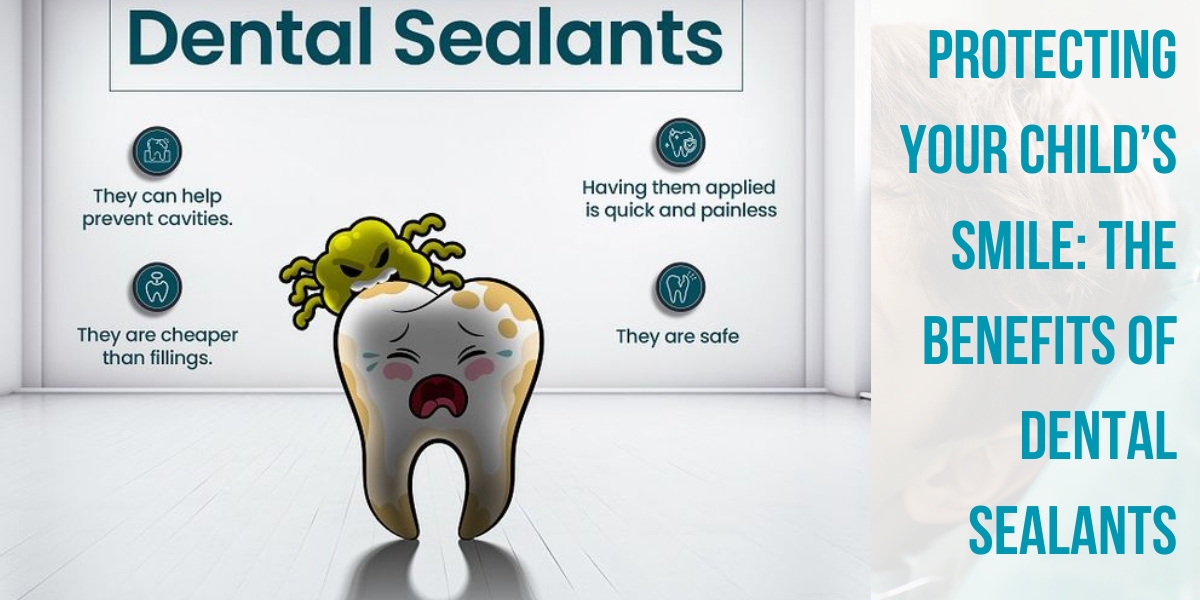
.jpg?tr=w-64)
